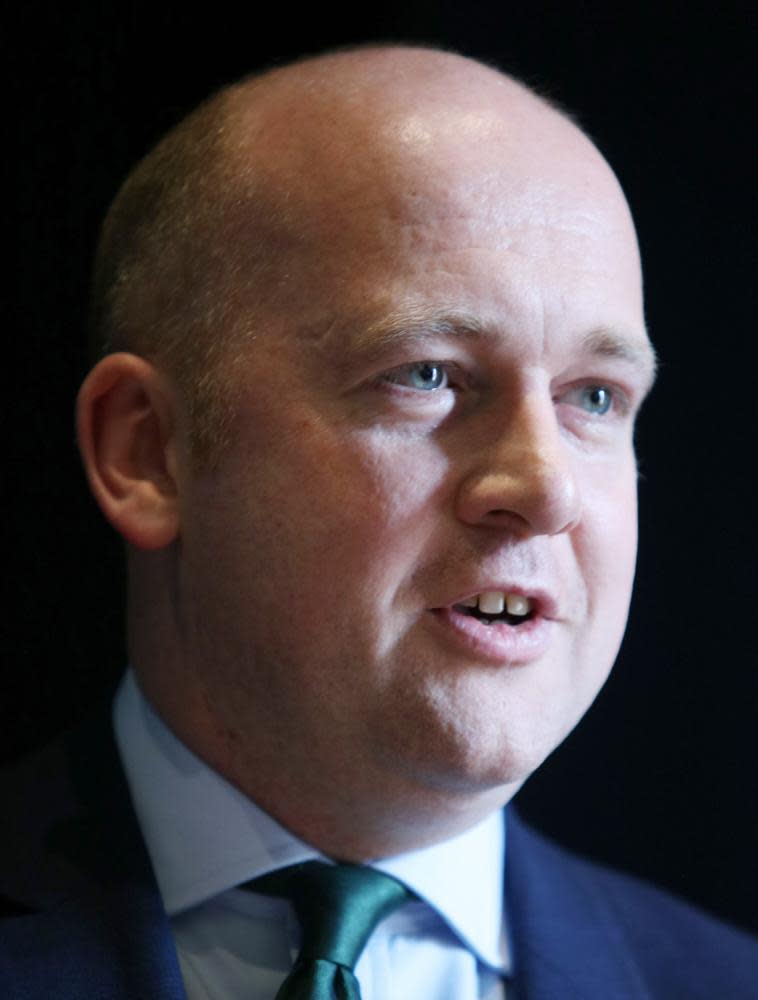Duty, work and no time for political games: the Theresa May I knew

Throughout my time in Downing Street, a portion of Theodore Roosevelt’s “Man in the arena” speech sat framed on a desk outside the prime minister’s office. “It is not the critic who counts”, it read. “The credit belongs to the man who is actually in the arena, whose face is marred by dust and sweat and blood.”
As Theresa May sits bloodied and bruised in her constituency this weekend, she would do well to reflect on Roosevelt’s words of more than a century ago.
Hers was perhaps an unlikely premiership. An introvert who eschews the spotlight – who, as she said during the brief leadership campaign in 2016, doesn’t spend her time hanging around in Westminster’s bars – was a departure from the confident extroverts of the past few years. Yet she never sought to play their game. She believed that hard work, diligence and decency would get her to the top. And her victory in the 2016 Tory leadership contest proved that she was right. “Politics is not a game”, she would often say. And she had no time for those who treated it as though it were.

Chris Wilkins was the director of strategy and speechwriter for No 10 Downing Street from 2016-17.Photograph: Richard Gardner/REX/Shutterstock
She had no time for the trappings or hassles of office either. In one early meeting, she complained loudly that her security team had insisted on putting a fence around her constituency home. The inconvenience of having to go through a gate to access the compost heap was, it seemed, an unnecessary fuss too far. In another, the revelation that she – like her predecessors – could claim a clothing allowance for her and her husband from party funds was treated with that familiar eye-roll of disdain. “Philip can buy his own suits.”
All of which tells you a lot about May. She is, in many ways, a simple, unremarkable person. Never happier than when going about her daily life in her constituency – collecting the shopping, the dry cleaning or keeping her regular appointment at the gym. Yet she contains remarkable strengths.
You can’t get anything past her in a meeting, because having read every briefing paper many times over, she will always know more detail about the subject than you. You can’t shake her from something she believes in by arguing it may not serve her best interests, because she will always come back at you with the simple question: “But is it the right thing to do?” And you can’t outwork or outlast her, because her stamina and focus are renowned.
Foreign trips with the prime minister are brutal. You cross time zones and pack endless diplomatic meetings into the schedule. For her aides, the flight home is an opportunity to relax. But I remember looking up on one such flight after a particularly hectic trip and seeing her quietly and diligently working through the papers in her red box. I felt I had to try and keep going even though I was exhausted. The prime minister, though, won’t rest until every bit of work is done.
This is the side of May the public doesn’t see. Many have said recently they don’t know how she keeps going. But for everything we see in public, there is just as much going on behind the scenes. The security briefings, the policy meetings, the commitments to charities that she would do everything in her power to meet. Woe betide anyone who suggested an appearance should be cancelled and she would have to let a particular charity down. Duty is everything, after all.
And perhaps this offers a clue to what comes next. The prime minister will retreat to her constituency where she has always been happiest, and her quiet life of public service will go on. She will probably stay on as an MP, the job she loves above all. And she will embrace charities working on causes that are dear to her heart – like tackling multiple sclerosis, child abuse, modern slavery and mental health. But the lecture circuit will remain unbothered. The books, I suspect, will be for others to write.
Yet whatever the future holds, some day soon a portrait of the introverted vicar’s daughter will be hung on that staircase in No 10. Only the second female to appear there. Because, for a time, she was the woman in the arena. She may have erred and come short, but she strove valiantly. And, as Roosevelt tells us, it is to those who step forward as others step back that the credit should ultimately go.
Chris Wilkins is former director of strategy and chief speechwriter to Theresa May

 Yahoo News
Yahoo News 
